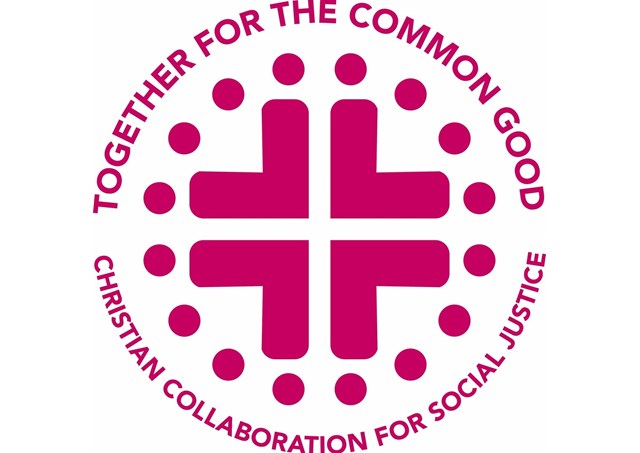
Christian Churches in the UK 'Together for the Common Good'

(Vatican Radio) ‘Together for the Common Good’ is a growing network of activists, academics, theologians and policy makers in the UK concerned about the increasing gulf between political leaders and the people they seek to represent. The independent network of clergy and lay people aims to build a broad coalition between Christians of different traditions, together with other faith communities and secular allies, to propose an alternative vision of political and cultural life that promotes the dignity of all people.
Canon Nicholas Sagovsky is a member of the network’s ecumenical steering group and has served on many commissions dealing with refugees and asylum seekers in the UK. He’s also a member of ARCIC, the Anglican-Roman Catholic International Commission which held its annual meeting just outside Rome from April 27th to May 5th.
During that encounter, Philippa Hitchen sat down with Dr Sagovsky to find out more about this ecumenical initiative…
Listen:
Canon Nicholas Sagovsky says he used to work at Liverpool Hope University which is "unique in being an Anglican-Roman Catholic foundation", inspired by the work of Derek Worlock, former Catholic Archbishop of Liverpool, and David Sheppard, former Anglican Bishop of Liverpool.”
The work of T4CG, as it’s known, was also inspired by their example and includes organising cross-party conversations in Parliament, building partnerships between organisations and publishing essays on the subject of the common good.
“The project has grown out of the Bishops’ work,” Sagovskysays, describing how the idea for the foundation came from the polarised situation in which the city of Liverpool found itself in during the 1980s. With a right wing government in London and a left wing council in Liverpool, it was the Catholic and Anglican Bishops who began to represent the views of the ordinary people of their city.
“The question was ‘who spoke for concerns of the people of Liverpool?’ They were concerned with unemployment, industry closing down and issues of housing, so they set up this ecumenical university, Liverpool Hope University.” Canon Sagovsky sees the foundation’s work as particularly important today, given the general perception that politicians and elected representatives are not interested in the common good, but rather concerned with their own personal gain. “Our concern is ‘who speaks for the common good?’”
“There’s a terrific tradition of thinking about the common good in Catholic social teaching”, he continues, and the question has been “Can Anglicans and other Christians buy into and use that tradition?’”
The project aims to encourage people to talk more in terms of the common good, and less in terms of self-interest. In particular, Canon Sagovsky highlights the recent General Election in the UK: “So many issues were being discussed in terms of ‘what’s in it for me? What’s good for me? ’And not in terms of ‘What’s good for us?’”
Recently the foundation has been organising “common good conversations,” bringing together people of different views on political issues, along with people of different religions and no faith at all, to examine issues from a common good perspective. “It’s invigorating what’s going on at the local level. It has, I think, begun to change some of the political discourse,” says Canon Sagovsky.
Addressing the argument that religion is a major cause of conflict in society, Canon Sagovsky says that “A religiously inspired project like this can encourage people to listen to one another, and new ways of working come out of that listening.”
| All the contents on this site are copyrighted ©. |


